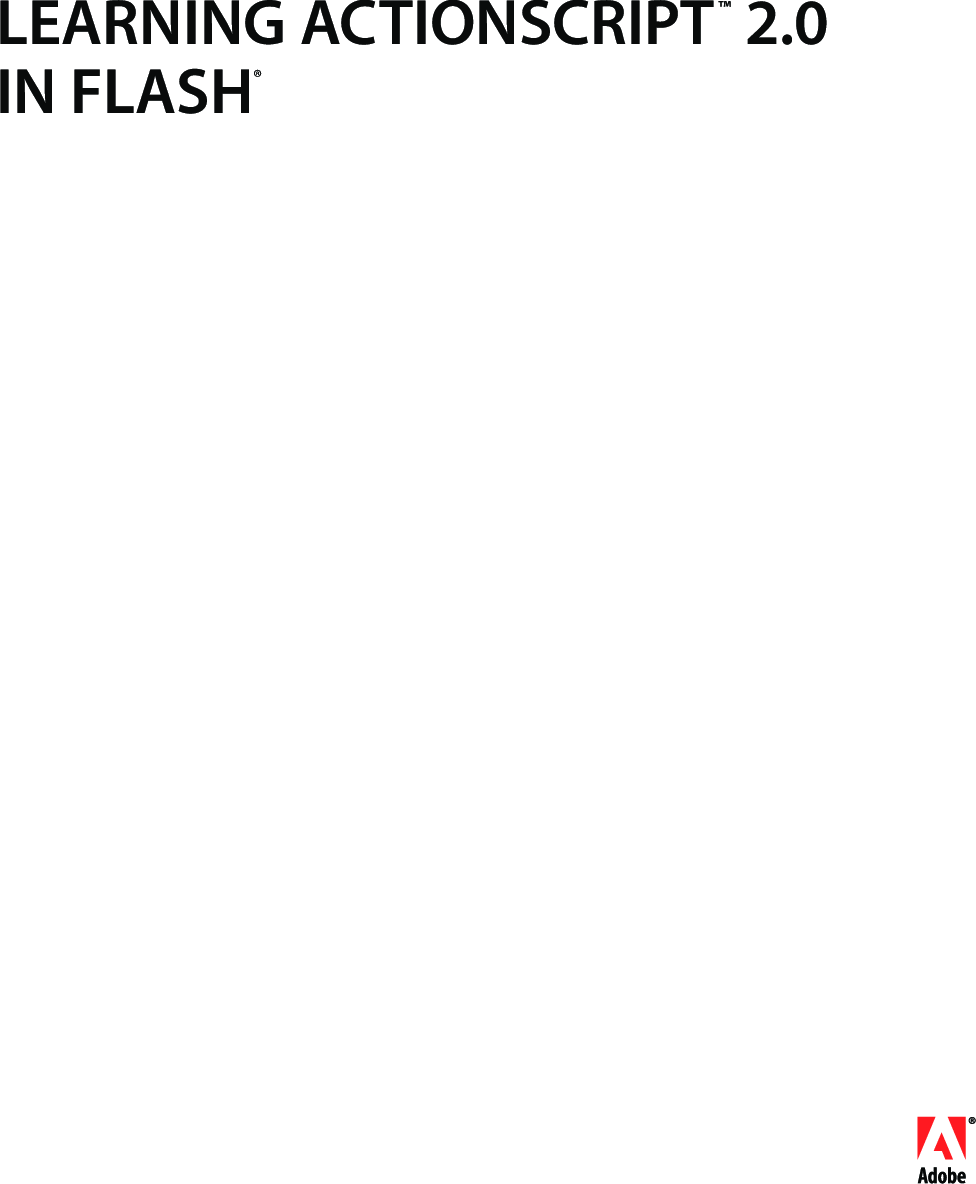

- HOW TO CHANGE THE STYLE IN MICROSOFT EXPRESSION WEB 4 HOW TO
- HOW TO CHANGE THE STYLE IN MICROSOFT EXPRESSION WEB 4 PRO
- HOW TO CHANGE THE STYLE IN MICROSOFT EXPRESSION WEB 4 CODE
Still, while boasting W3C standards support, Microsoft has failed to embrace other open protocols. It's a strong, standards-based contender, beating its competitor on CSS handling and coding workflow. Once your site has been verified, you can run it through Expression Web's HTML optimiser to format your code.Īs the first of the main Expression tools to go to market, Expression Web poses a direct threat to the designer's favourite authoring tool Adobe Dreamweaver. Accessibility testing checks for compliance with the US Section 508 law and the W3C's Web Content Accessibility guidelines.
HOW TO CHANGE THE STYLE IN MICROSOFT EXPRESSION WEB 4 CODE
There are built-in Accessibility and Browser Compatibility checking tools, though Mozilla, Opera and FireFox are absent from the list of browsers that Expression Web checks your code against - the only browsers it does check against are legacy versions of Internet Explorer. You can switch to other standards or set preferences so the page previews in 'quirks' mode. The program writes XHTML 1.0 Transitional code, using the standard document type by default. The rendering engine is tied directly to Internet Explorer, but Microsoft has emphasised that standards-based page building is a foundation of the new tool. We hope Web's Dreamweaver-inspired extensibility features will lead to the development of third-party PHP plugins.Ī selling point is W3C XHTML and CSS standards compliance. Unfortunately, ASP.NET is the only directly supported server-side scripting language. Most impressively, ASP.NET pages can be tested live within Expression Web using a bundled, lightweight ASP Development Server. NET 2.0 framework - which must be installed. There's comprehensive support for ASP.NET in Expression Web - with drag-and-drop components available through the. Adobe Dreamweaver 8 has similar Rich Data features, but Microsoft's drag-and-drop implementation is much easier to use and could help popularise these technologies. Chief among them is the ability to present Rich Data with live XML, either as XSLT pages or XHTML containing XSLT snippets. OverdevelopedĮxpression Web's many development features deserve a brief mention. Like Dreamweaver, there are Visual Aids accessible through the View menu - colour-coded outlines that show you where CSS blocks and other attributes are in your page. Use the options under 'When correcting spelling and grammar in Word' to adjust.

Click Proofing from the menu on the left. Usefully, embedded and inline styles can be dragged and dropped into any attached external style sheet. To enable writing style guidance in Microsoft Word: Click File > Options. CSS for text styles can be generated automatically using Office-style formatting tools, and New Styles can be created from scratch in the Apply Styles pane. Your followed hyperlinks should be formatted with your new style choices.Microsoft has been clever enough to keep things that worked in FrontPage.
HOW TO CHANGE THE STYLE IN MICROSOFT EXPRESSION WEB 4 PRO
Pro Tip: To follow a hyperlink in Word, press the Ctrl key on your keyboard while selecting the hyperlink. Your default may be different if you are using a custom template. The default font will match the surrounding text. Word’s default style for followed hyperlinks is normally purple with underlining.
HOW TO CHANGE THE STYLE IN MICROSOFT EXPRESSION WEB 4 HOW TO
How to Change the Style of Followed Hyperlinks in Microsoft Wordįollowed hyperlinks are links that have been selected (or clicked) by the reader. Example of unfollowed hyperlink with custom style Your unfollowed hyperlinks should be formatted with your new style choices. Select the OK button to close the Modify Style dialog box.Font, font size, emphasis, and font color options Select new choices from the formatting section in the Modify Style dialog box: (1) font, (2) font size, (3) emphasis (bold, italic, and underlining), and (4) font color.įigure 6.Select the Hyperlink menu arrow in the Styles pane.Select the dialog box launcher in the Styles group.įigure 3.Place your cursor inside an existing unfollowed hyperlink.įigure 2.Word’s default style for unfollowed hyperlinks is normally blue with underlining. Unfollowed hyperlinks are links that haven’t been selected (or clicked) by the reader. How to Change the Style of Unfollowed Hyperlinks in Microsoft Word


 0 kommentar(er)
0 kommentar(er)
